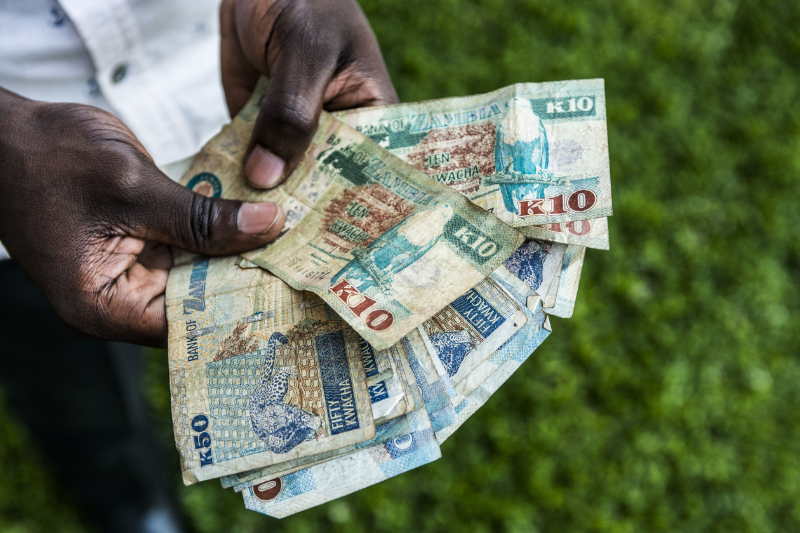Zambia’s official creditors co-led by People’s Republic of China and France rejected a revised agreement that the government reached with bondholders because it did not comply with “Comparability of Treatment,” leading to deadlock in the restructuring of $3 billion of outstanding eurobonds.
In October, Zambia reached a deal for relief on nearly $4 billion owed to private bondholders. Zambia has suffered a long delay in restructuring $13 billion in external debt, including $3 billion of foreign currency bonds. The agreement with bondholders was reached after Zambia formalized deals to rework $6.3 billion of official debts.
Why did China and France reject the Zambia bond-restructure deal?
Zambia’s official creditors, including China and France, rejected the deal because they believed its “base case” scenario was not sufficient to provide debt relief to the country. The International Monetary Fund (IMF) also said that the deal might not offer comparable debt relief from bilateral as well as commercial lenders.
The bondholders and official creditors had proposed extending the maturity of Zambia’s debt. The Zambia External Bondholder Steering Committee expressed concern with recent developments on this matter.
Keep Reading
Zambia Bond-Restructure Deal cannot be implemented
The government in Zambia said that the revised deal to rework $3 billion of Eurobonds cannot be implemented because of rejections from official creditors, including China.
The government said in a statement, “The OCC (official creditor committee), through its Co-chairs, concluded that Comparability of Treatment would not be achieved in the Base Case scenario, although would be achieved in the Upside Case scenario.”
OCC co-chairs China and France said that the Zambia Bond-Restructure Deal did not comply with the Comparability of Treatment principle, according to Zambia’s government.
Debt-plagued Zambia reached a deal to restructure $6.3 billion in loans, which covered loans from France, the UK, South Africa, Israel, India and China. The International Monetary Fund approved the deal. However, the official creditors again rejected it.

